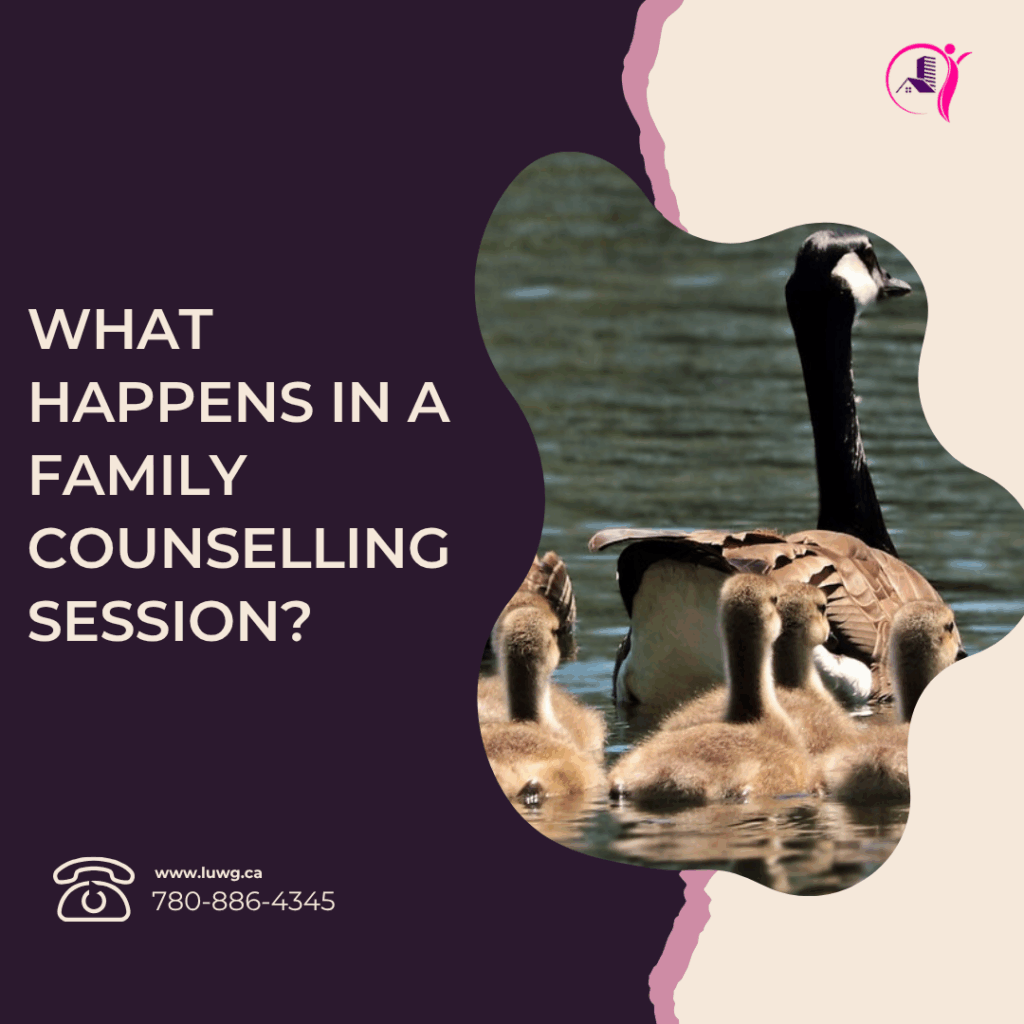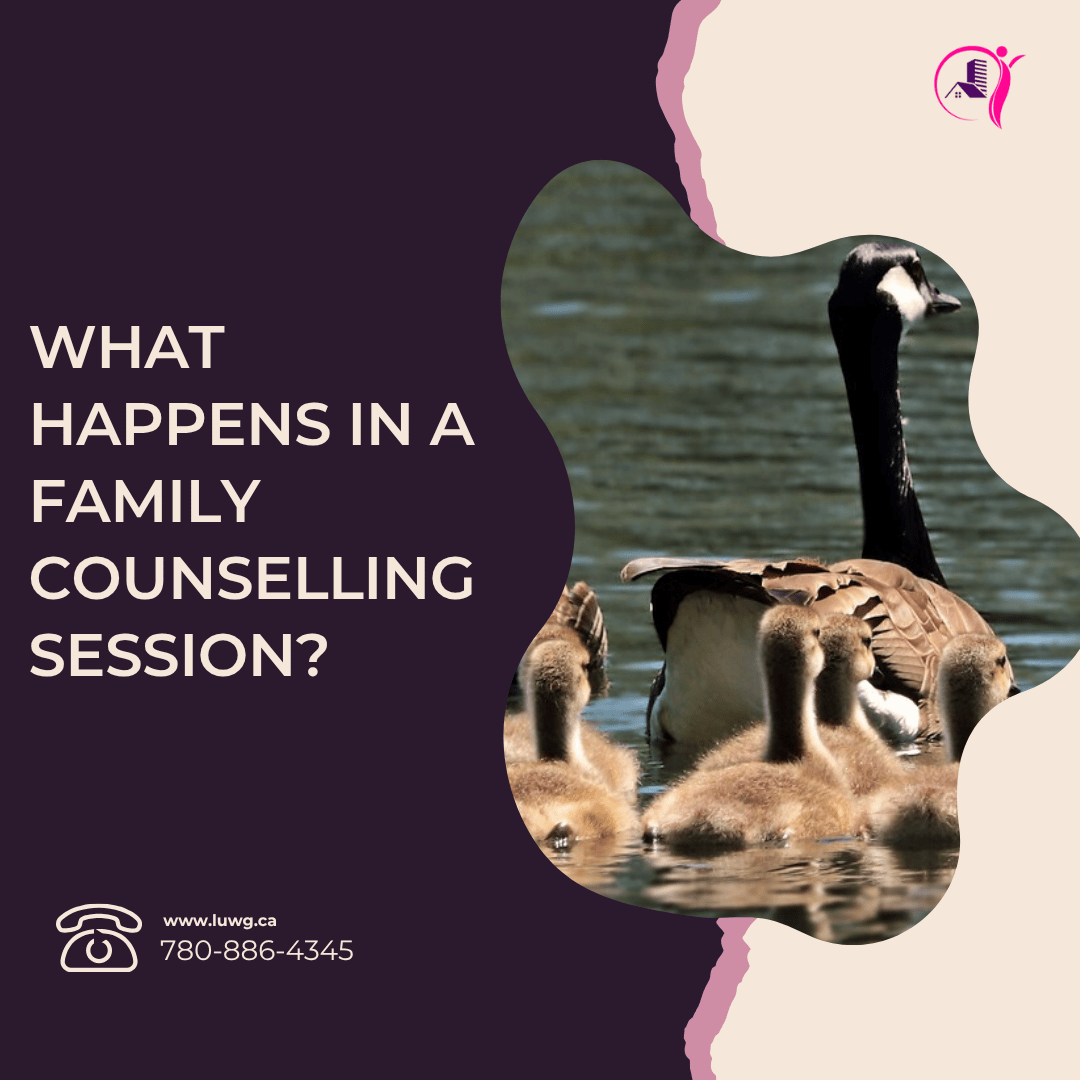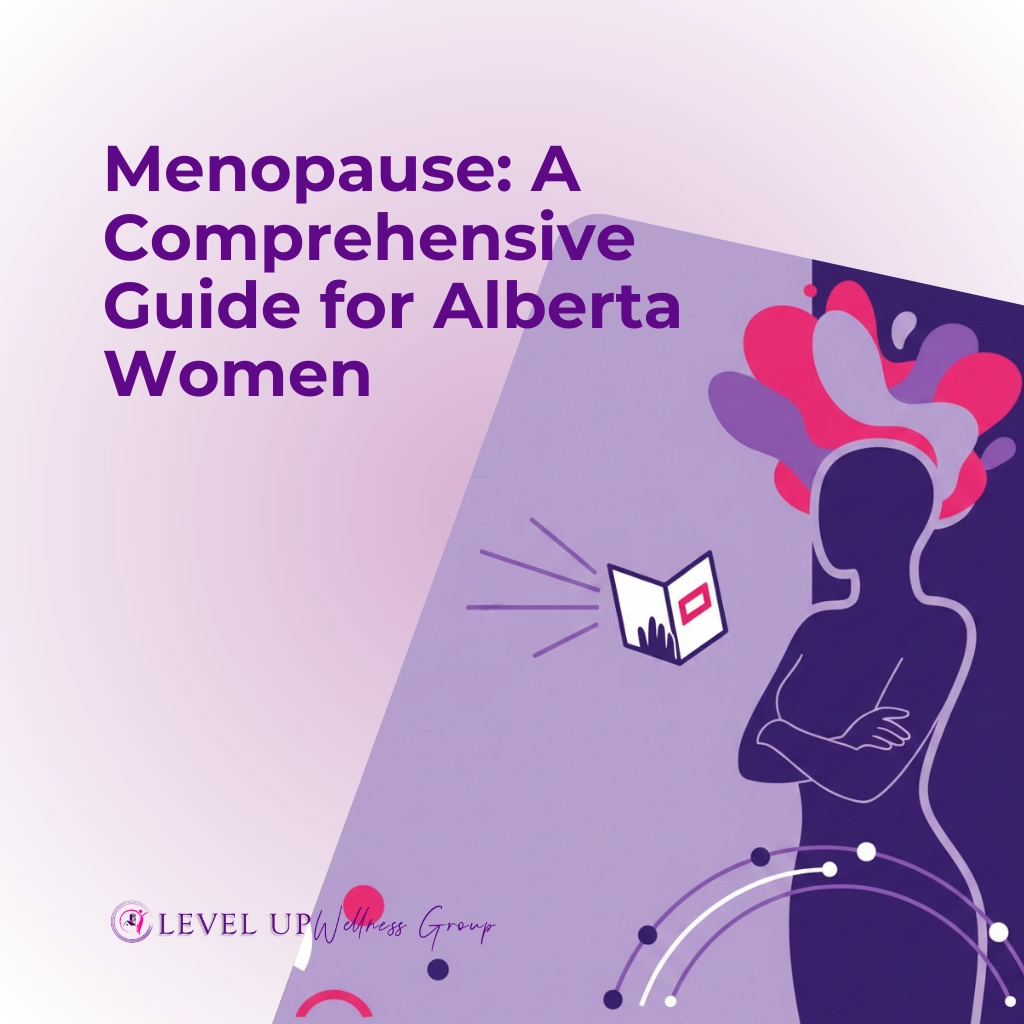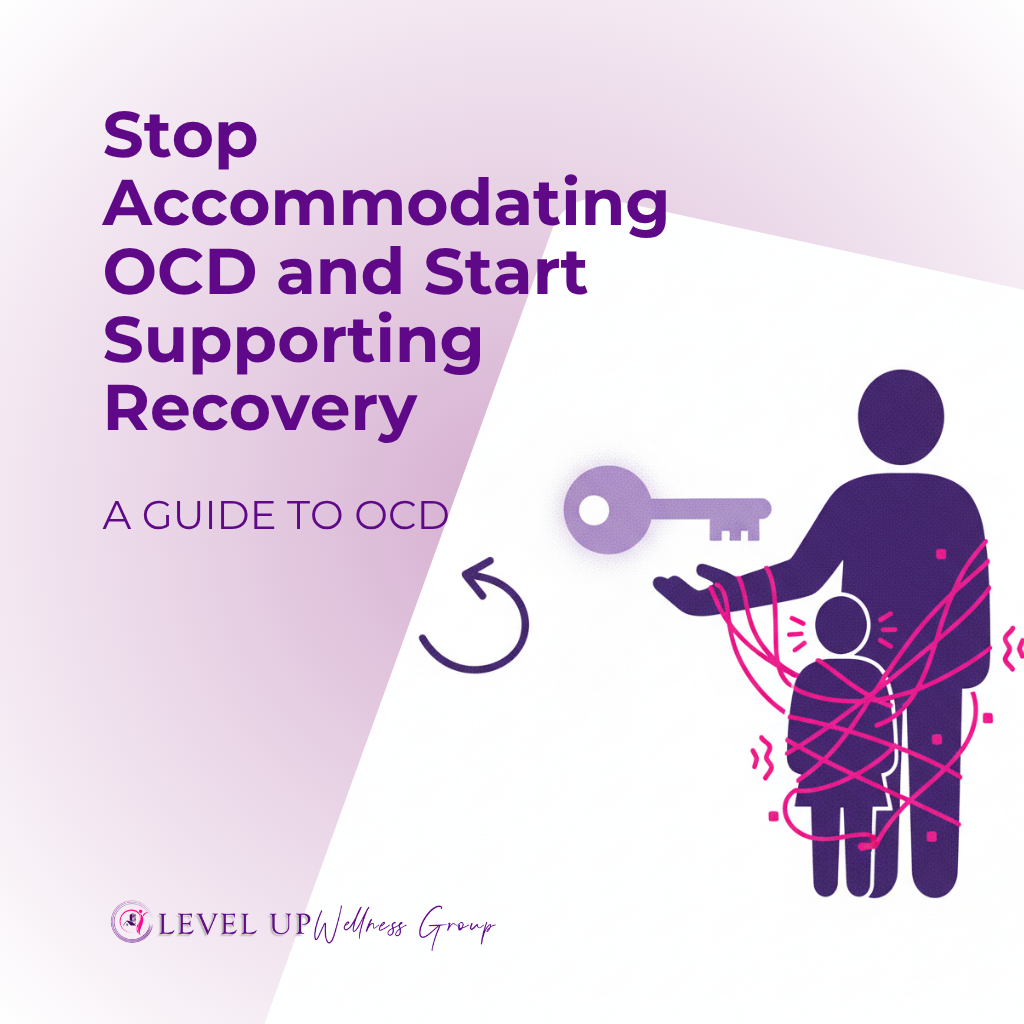
Every family faces challenges—whether it’s communication breakdowns, emotional tension, or life transitions. When those challenges start to affect relationships at home, family counselling offers a path toward healing, understanding, and growth.
At Level Up Wellness Group (LUWG), we offer a safe environment where families can work through conflict, build connection, and develop lasting tools for navigating life together. In this article, we’ll walk you through what really happens in a family therapy session, the most common types of family therapy, and how to know if it’s right for your family.
What Is Family Counselling?

What Happens During a Family Therapy Session?
Each family session will vary depending on the therapist’s style and your family’s needs, but here’s a general structure you can expect:
1. Introductions & Setting Boundaries
The first session usually begins with a warm introduction where the family counselor explains the process, sets ground rules, and invites everyone to speak freely.
The therapist creates a safe environment by establishing expectations around:
- Respectful listening
- Equal participation
- Confidentiality
- Emotional safety
2. Understanding the Issues

Family members are encouraged to share their perspectives on what’s not working. This process helps surface unresolved family conflict, unmet emotional needs, and emotional conditions that may have gone unspoken.
It’s common for families to come in with one identified problem (like a child’s behavior), only to uncover broader issues with the family structure or communication habits.
3. Identifying Patterns
Therapists trained in systemic family therapy or family systems theory look at the family as an interconnected system. They explore:
- Roles each member plays
- Power dynamics and alliances
- Triggers and conflict cycles
- How one member’s behavior affects others
This stage often brings clarity and builds compassion within the family.
4.Applying Therapeutic Approaches
Depending on your therapist’s background, you may be introduced to different therapeutic approaches. Common forms of family therapy include:
Structural Family Therapy
Focuses on restructuring the family structure to support healthier dynamics and boundaries.
Systemic Family Therapy
Explores the family as a unit of relationships, focusing on belief systems and patterns.
Functional Family Therapy
Targets specific behaviors (often used with teens) and works on improving emotional regulation and parenting practices.
Your therapist will adapt the method based on your needs, always with the goal of building more healthy relationships at home.
5. Skill-Building & Goal Setting
Family members are encouraged to share their perspectives on what’s not working. This process helps surface unresolved family conflict, unmet emotional needs, and emotional conditions that may have gone unspoken.
It’s common for families to come in with one identified problem (like a child’s behavior), only to uncover broader issues with the family structure or communication habits.
6. Homework & Continued Progress
Before wrapping up, your therapist may assign “homework” such as:
- Practicing communication tools
- Journaling about feelings
- Scheduling structured family time
Continued sessions build on these steps, helping families move toward stronger family relationships and sustainable change.
Want to get started? Book a session with LUWG.
Who Provides Family Therapy?
Do You Offer Online Sessions?
Yes! LUWG provides both in-person and online sessions for clients across Alberta.
Online sessions are ideal for families with busy schedules, accessibility needs, or multiple locations. They are just as effective in providing a safe environment to explore issues and grow together.
Start with a virtual consultation here:
What Types of Family Therapy Exist?
There are several types of family therapy designed to address different needs. Some of the most common include:
- Structural Family Therapy
- Systemic Family Therapy
- Functional Family Therapy
- Narrative Therapy
- Emotionally Focused Therapy (EFT)
- Strategic Therapy
Each method uses different therapeutic approaches, but the focus remains on improving the family’s ability to communicate, support one another, and function as a whole.
For more guidance, visit our FAQ page or request a consultation.
When Should You Consider Family Counselling?
Family therapy may be helpful if your family is dealing with:
- Communication breakdown
- Divorce or separation
- Parenting disagreements
- Teen behavior issues
- Grief, trauma, or loss
- Anxiety, depression, or other emotional issues
- Major life transitions (moving, job loss, illness)
Even if no single person is in crisis, family therapy can improve long-term dynamics and emotional well-being.
Benefits of Family Counselling
Engaging in therapy can help your family:
- Build healthy relationships
- Improve understanding and empathy
- Develop conflict-resolution tools
- Manage stress and emotional reactivity
- Cope with change more effectively
With the support of an experienced mental health professional, families often experience positive changes after just a few sessions.
Ready to take next step
No family is perfect—but every family has the potential to grow. Through counselling, you can gain insight into your family structure, develop new tools for connection, and create space for healing.
Whether you’re struggling with communication, stress, or long-standing patterns, family counselling provides a path forward. And with online sessions and in-person support available through LUWG, your family can take that step—no matter where you are.





